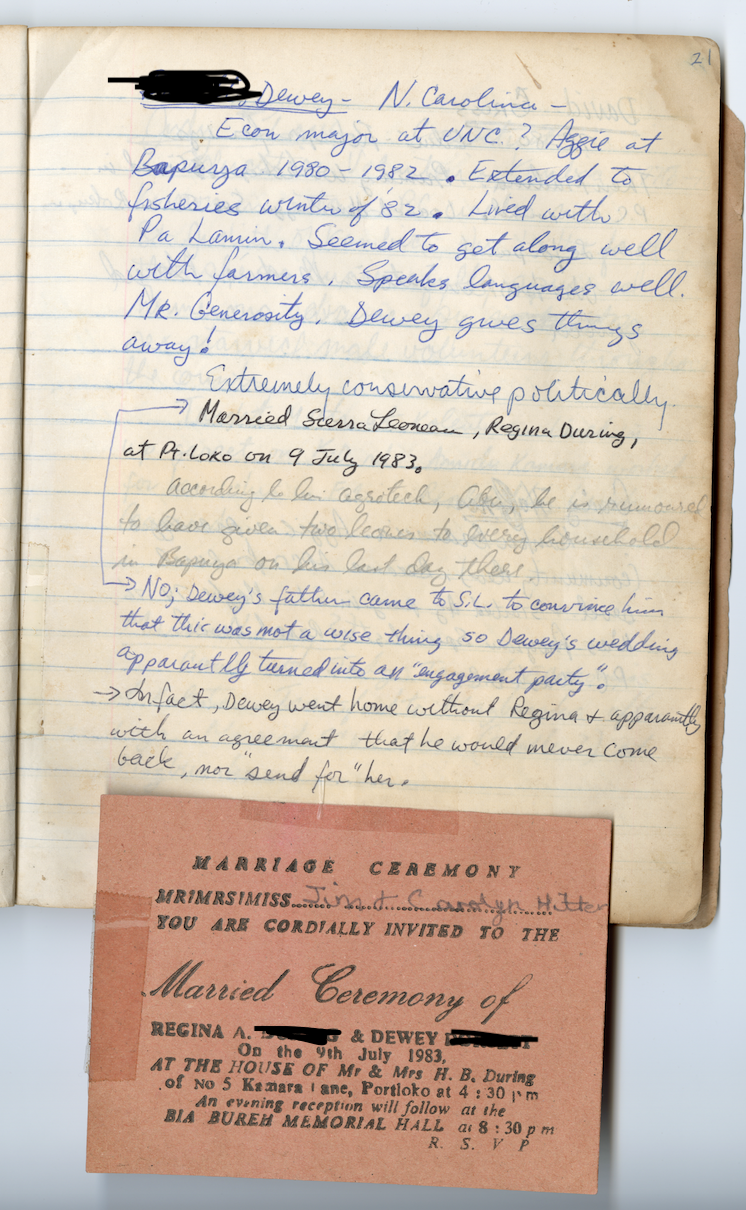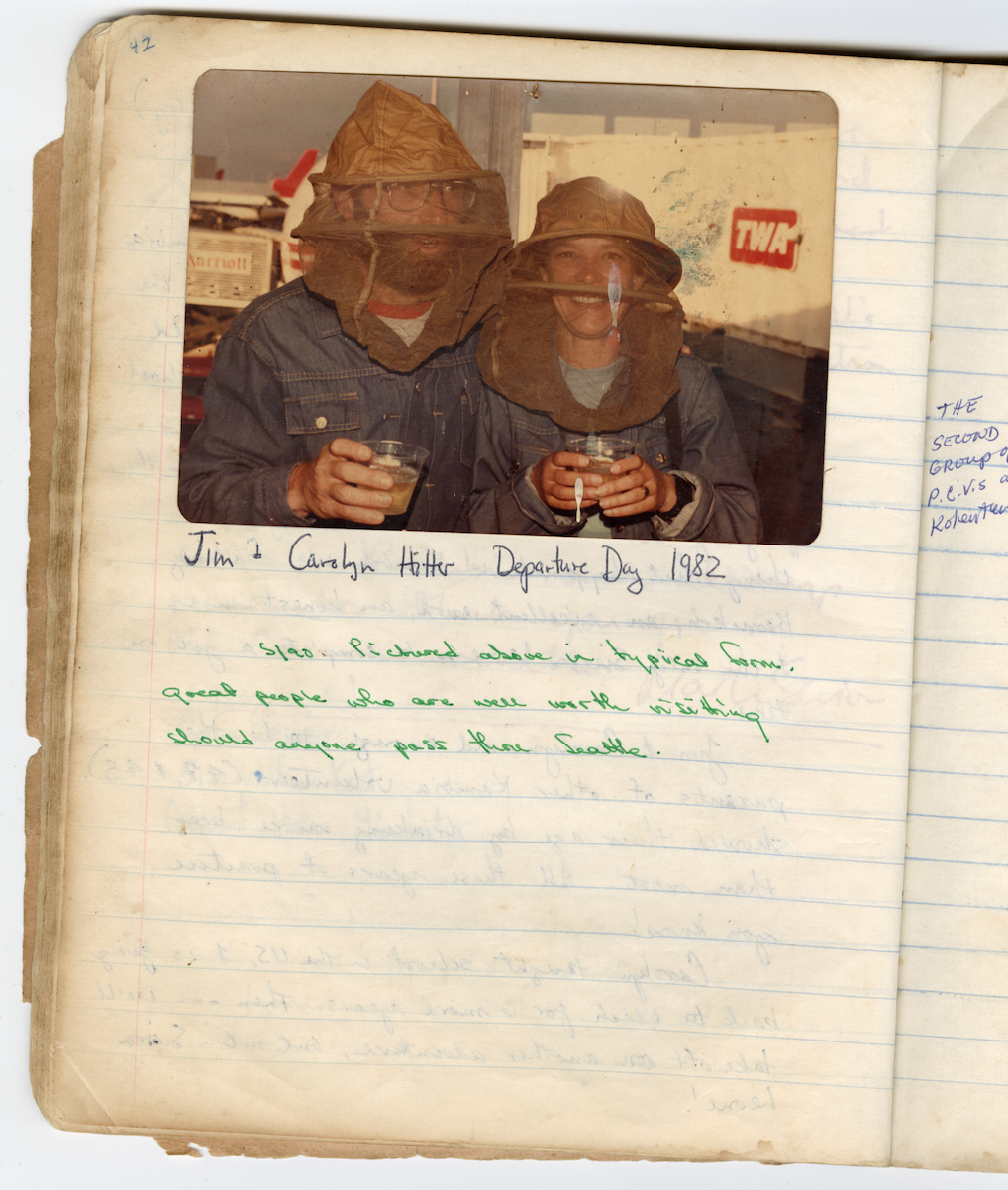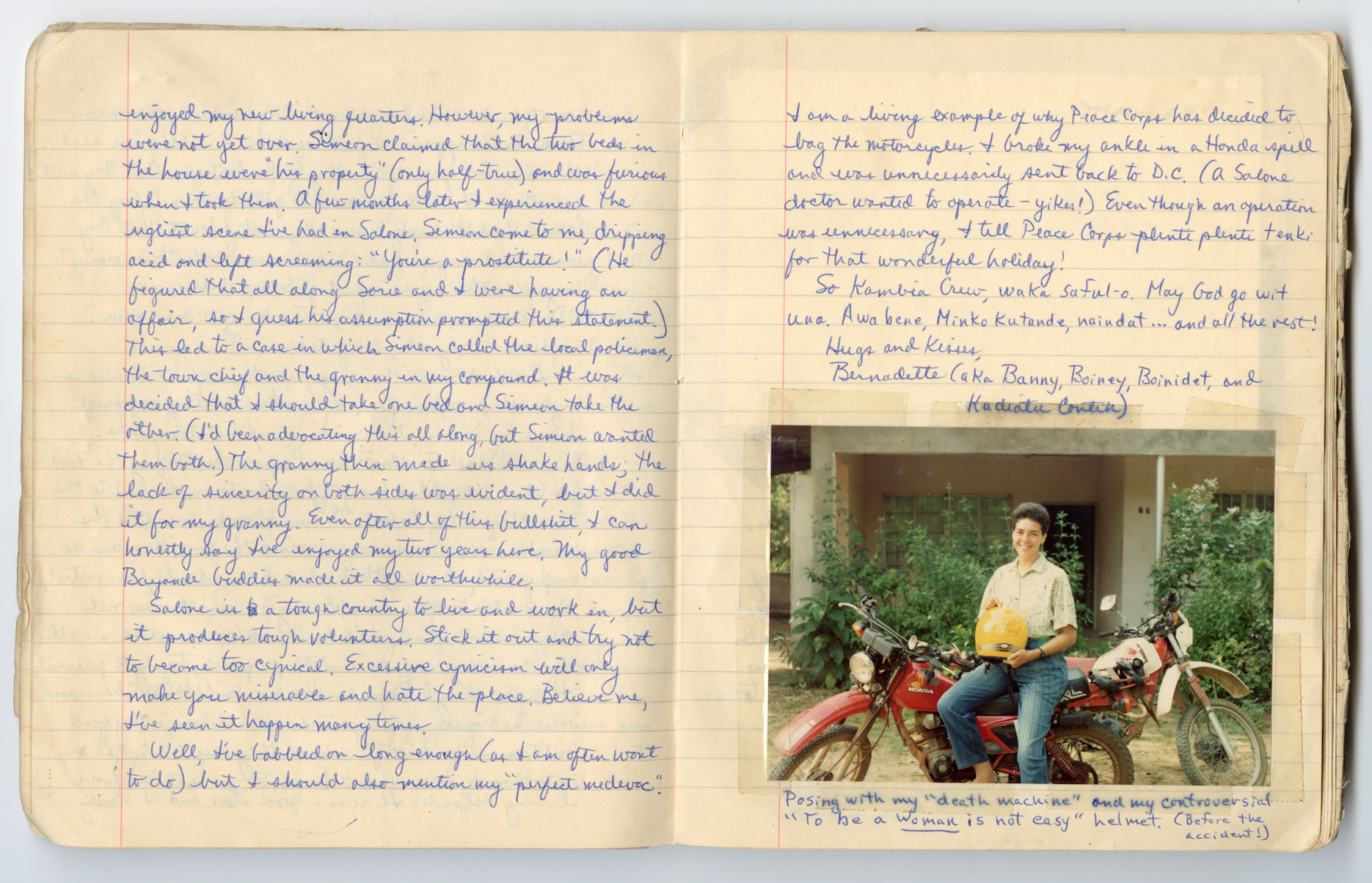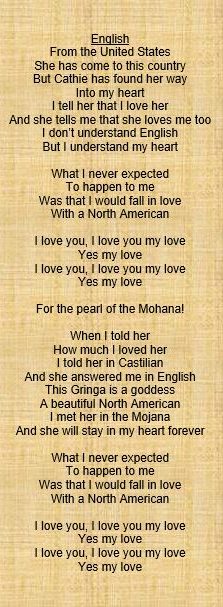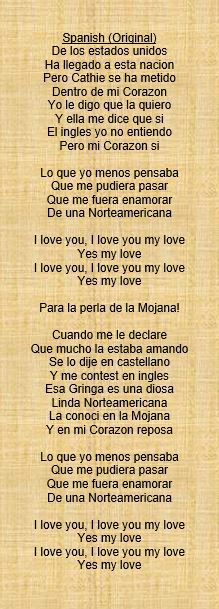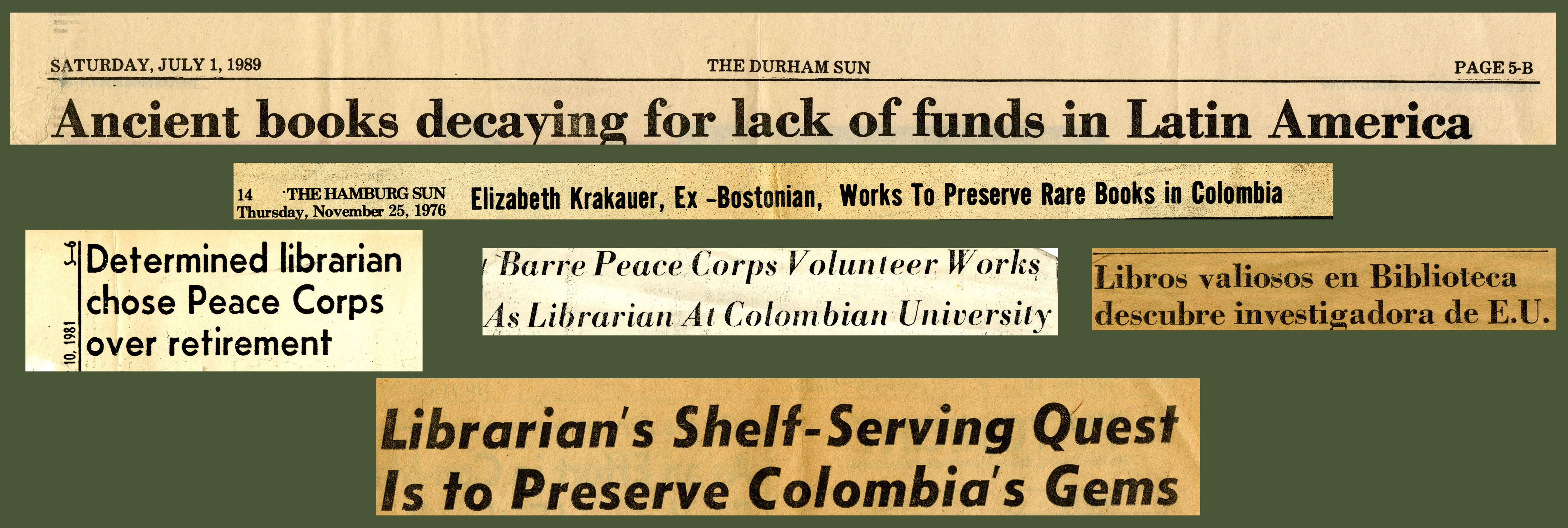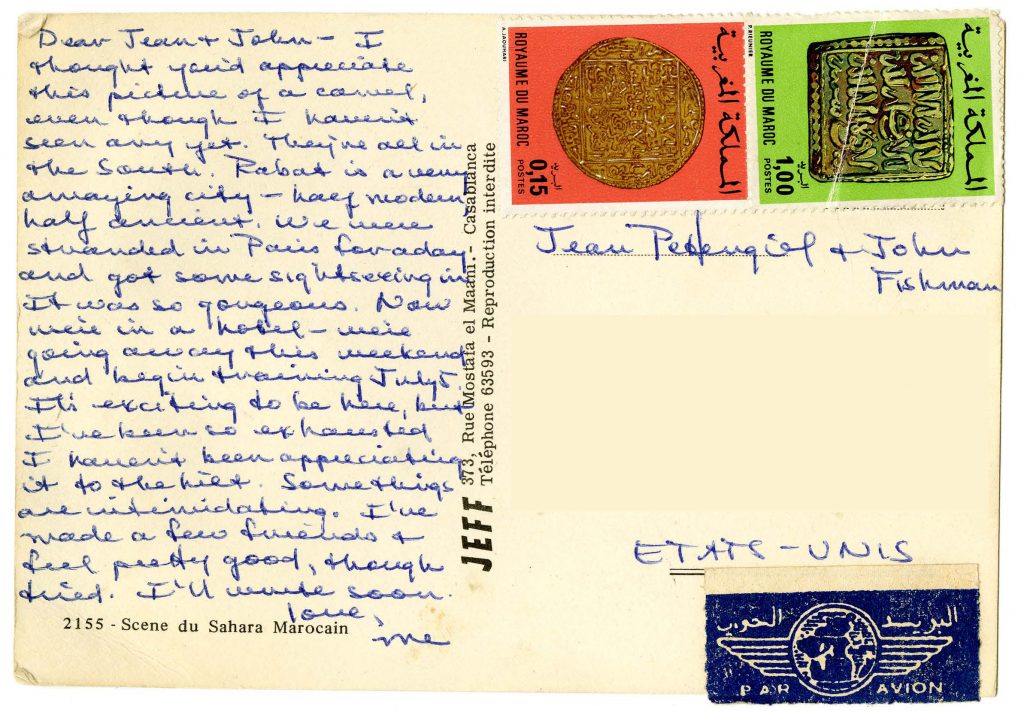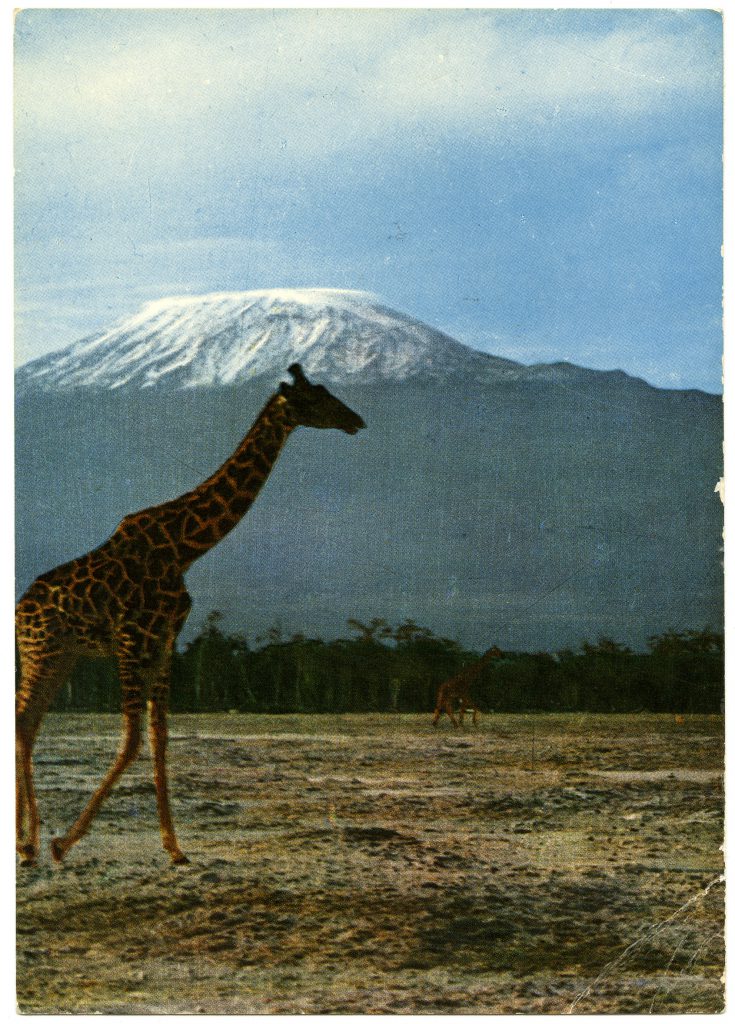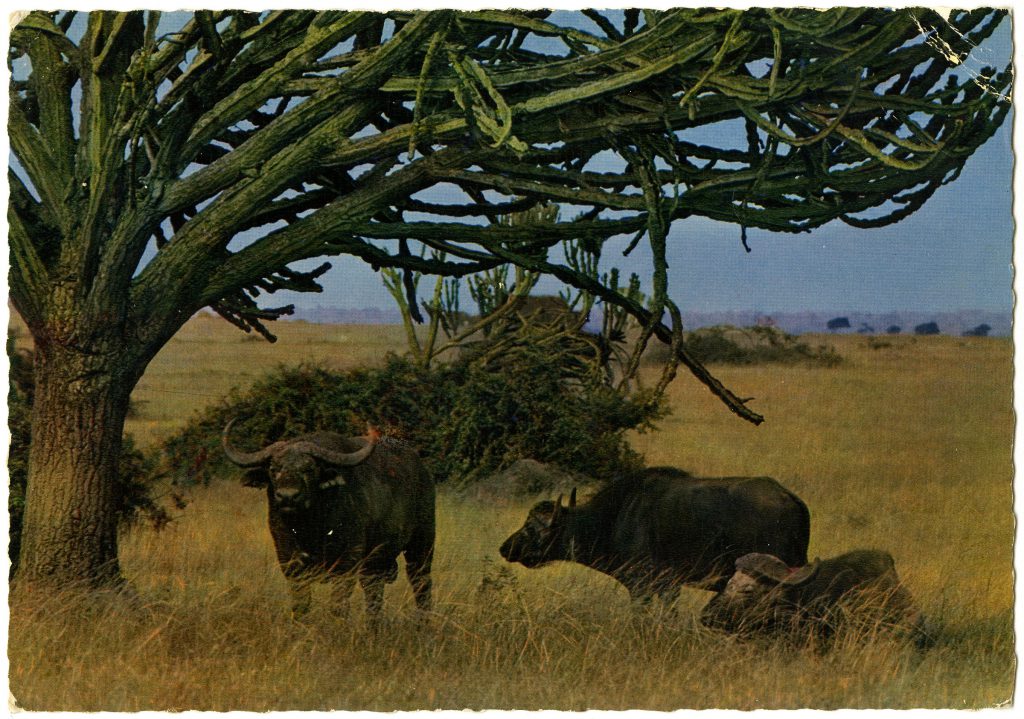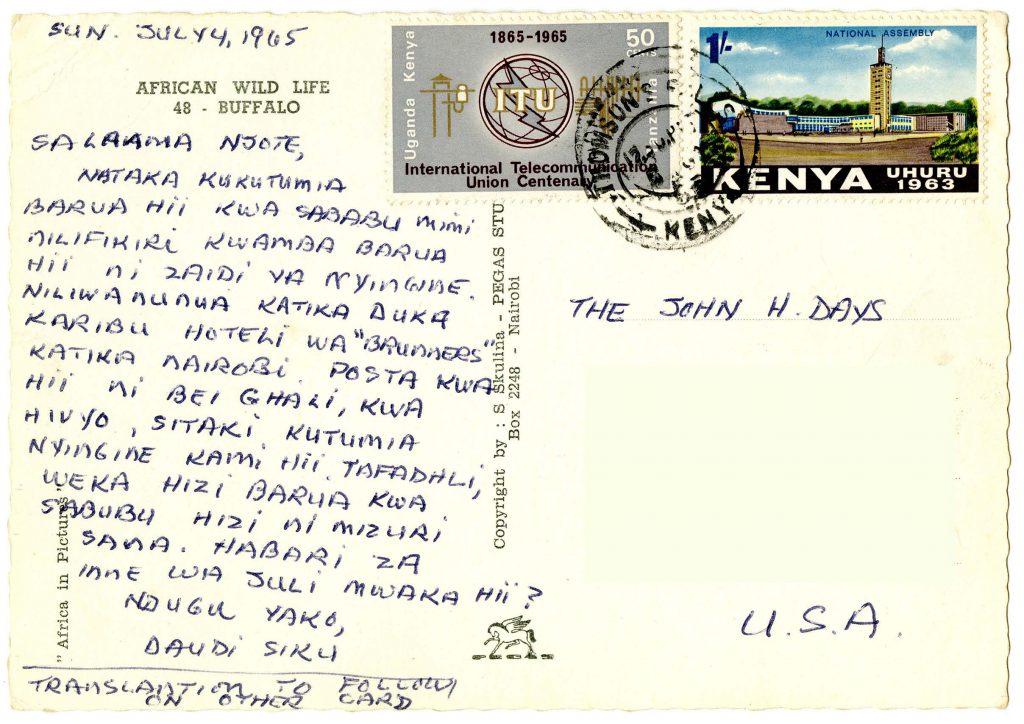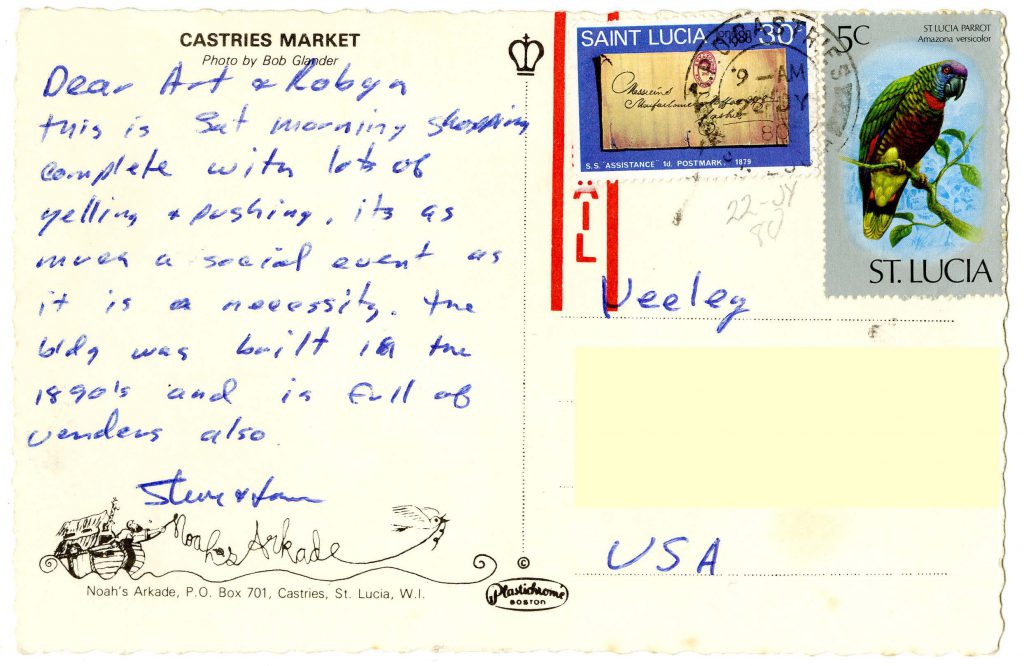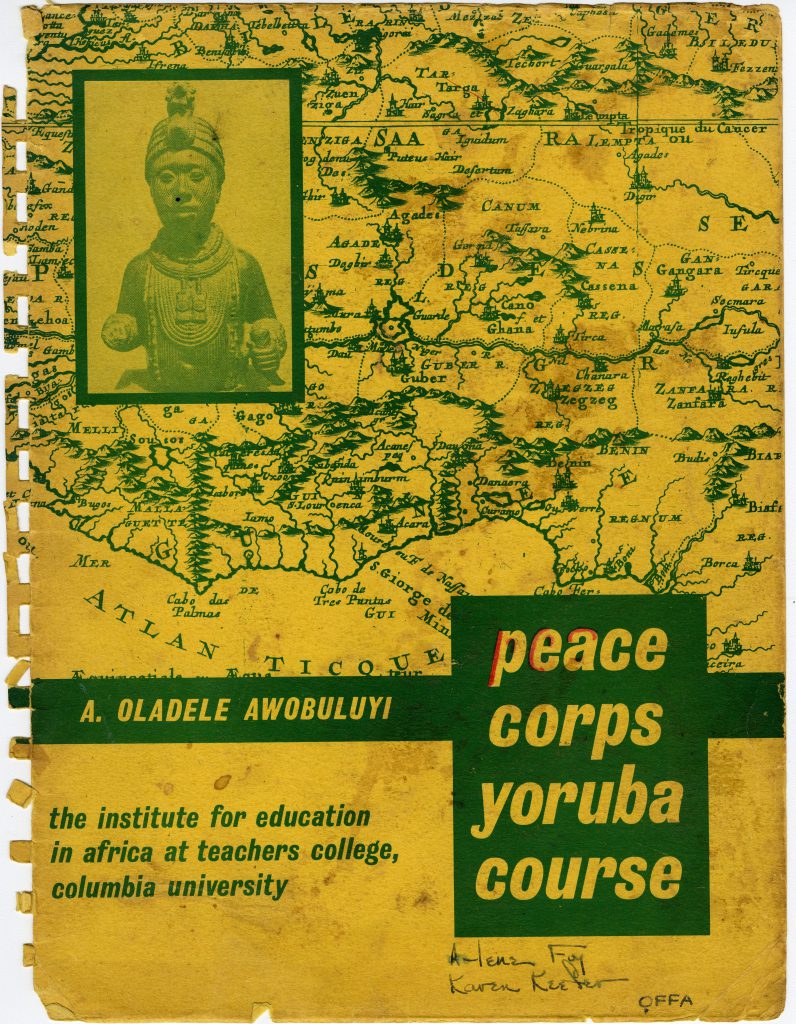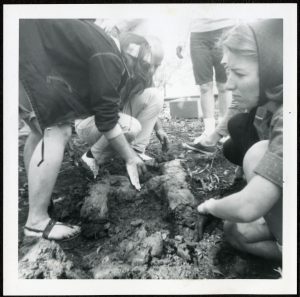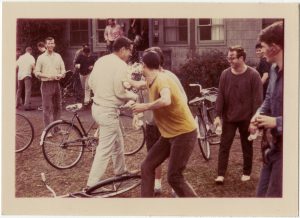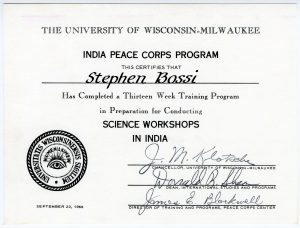During the fall of 1965, Anne Williams was part of a group training for service in India at Columbia University. Two of her trainers, Murray Frank and Peggy Gruenbaum, had just gotten married, and of course, the trainees and staff of India Urban Community Development Group XXIII wrote and performed a play to express their congratulations—and worries over the coming assessments.
The play contained six scenes—with volunteers playing the parts of other volunteers—and several original musical numbers. Various scenes played off of common tropes about the Peace Corps, anxiety over placement, and teasing of other volunteers. Some scenes are reproduced here:
Scene 1
Opening Song (sung by the entire cast) to the tune of Hello Dolly.
Hel-lo trainees, and hel-lo staffers,
It’s so nice to have you both with us tonite,
We’re so tired, but we’re still tryin,
Speaking Hindi till we’re just about to drop.
We feel the room swayin, with the trainees stayin,
‘til assessment sends them on their way back home,
Sooooh, grab a seat fellas, ready yourself for a treat fellas,
Training will never be like this again.
Hel-lo Murray, and hel-lo Peggy,
Its so nice to surprise you both this very nite
You’re still smiling, with your wedding brewin’,
And the trainees wish to toast to you tonight.
While Murray Franks livin, we’ll have a short Thanksgiving,
While he’s away on his long honeymoon.
So take your wife Murray, it’s late in life Murray,
Bombay will never be the same again!
Cast
| Roles |
Actors |
| Narrator |
Taradash 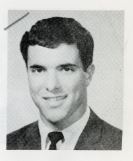 |
Barda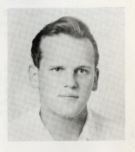 |
Loren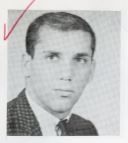 |
Linas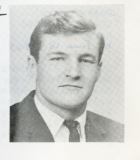 |
Falstein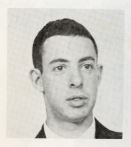 |
Langdon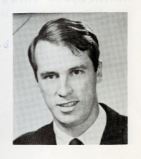 |
Kevin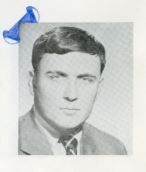 |
Ryan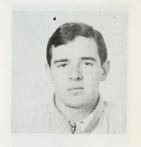 |
Nelson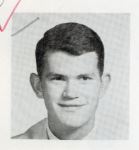 |
Ladd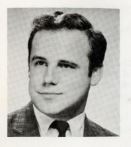 |
Grear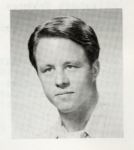 |
Narrator: Sets scene, composite room introduces characters. Scene opens as the alarm goes off. Ladd, Ryan and Linas come staggering in, wine bottles in hand, singing “Irish Eyes.”
Barda: Jumps up with a start and says “Ap kaun hair? (Short pause, then) No good man, no good.”
Meanwhile Ryan, Linas, and Ladd staggering and trying to sing “Irish Eyes.”
Ladd: “Gotta go to goddam Hindi class.”
Linas: “No let’s go get another beer.”
Barda: “No good man, no good.”
Langdon: “Reaches in the laundry bag, pulls out a shirt, smells both pits, grabs the can of Right Guard and sprays it down, and says while putting the shirt on “cough, cough, mumble, mumble.”
Everyone sings Sixteen Words and Exits.
“Sixteen Words”
You learn sixteen words,
And whaddya get;
Another day of Hindi
Another day of sweat.
Don’t push us Mr. Carr
‘Cause last night we spent in a bar.
We hope you don’t expect us to get very far.
“Officer Doris”
Chorus:
Gee Officer Doris, we’re very upset
We never had the chances that the others did get
And now that assessment’s about to take place
Now is the time to set forward our case.
Solo:
Dear Officer Doris, you must understand,
My local draft board is getting way out of hand.
They want me to fight, the Vietnam way,
Ho-ly Mo-ses, must get to Bombay!
Chorus:
Gee loveable Doris, there’s much more to say,
There are other reasons we must get to Bombay.
So therefore you mu-st heed our pleas,
And when selection comes, no ginahis.
Solo:
Well Officer Doris, I’m sure up a tree
The girl I thought I’d left behind is now chasing me.
I don’t want to marry her, she’s really a pig,
Ho-ly, Je-sus, my plight you must dig!!
Solo:
Dear Officer Doris, we’ve had all our shots
Our arms are all aching, and hurting a lot
What good will the typhoid, plague and jaundice do,
If we’re all cut and sent back to school?
Chorus:
Well Officer Doris, our fate’s In your hands.
We’ve tried to get across, our various stands
Have nothing left to say that we feel we should,
Gol-ly Do-ris, you must believe we’re good.
Scene VI
Cast
| Roles |
Actors |
| Murray |
Loren |
| Peggy |
Morey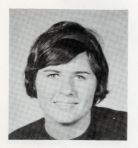 |
Narrator- sets scene, after a hard day’s work Peggy and Murray finally get a chance to relax together.
Peggy: “Ho, Murray, I love to sit her and run my fingers thru your head.”
Murray Frank: “Yeah, they used to call me Furry Murray.”
Peggy: “Murray, do you think we’re too old?”
Murray Frank: “No, we’re not too old. (Pause) Too old for what?”
Peggy: “Well let me articulate it for you.”
Murray Frank: “Oh, no, I can’t stand it when you articulate it.”
Peggy: “Well, let me try anyway. I love you…hmmm?”
Murray Frank: “You love me? Hmm. I hadn’t thought of it that way.”
Peggy: “Will you Murray me? (Wistfully)
Murray Frank: Let me ask the Panchayat [village council, in Hindi]. I usually let them make the important decisions.”
Peggy: Pats him on head. “Oh, angel lambie pie cutie, honeydoll.”
Murray Frank: “Oh moonie Grunie”
Peggy: Pats him on belly. “How’s your tankie Frankie?”
Murray Frank: “Listen Peggy, I understand your name is Gruenbaum.”
Peggy: “That’s right, Murray, but I’ll be Frank with you.”
Entire cast comes out and sings “Tonight.”
Tonight
Tonite, Tonite, is not just any nite,
Tonite, is the eve of assessment.
Tonite, tonite, our fates with you tonite,
And for some, dreams will stop where they are.
Sometimes the reading goes so slowly,
The Hindi drags along, yet still our hopes are high,
Peace Corps, our life, and the goals we
Seek tonite, may go-on, to-nite.
So thus tonite, we hope you like tonite,
Cause tonite, we had to let off some steam.
And Peg and Murray, we toast with you tonite,
For your love, to go on, for ever more,
Now we’ll end our little skit, and
Drink and dance along, with
Our hopes in our hearts,
O staff, think twice, and let
Our goals to go to Bombay, Gi Ha!
Before donating her materials to the Peace Corps Community Archive, Williams briefly noted where her fellow volunteers ended up.
Most of the cast members finished their training and departed for Bombay (now Mumbai), including Joseph Barda, Richard Falstein, Daniel Grear, Linas Jurcys, Kevin Kane, Michael Ladd, David Langdon, Kathleen Morey, Joseph Ryan, and Alan Taradash. In India, they did a mix of urban community development and traditional social work.
For information about all the the India 23 trainees see the Biographical Sketches booklet (kindly scanned by Eric Souers).


